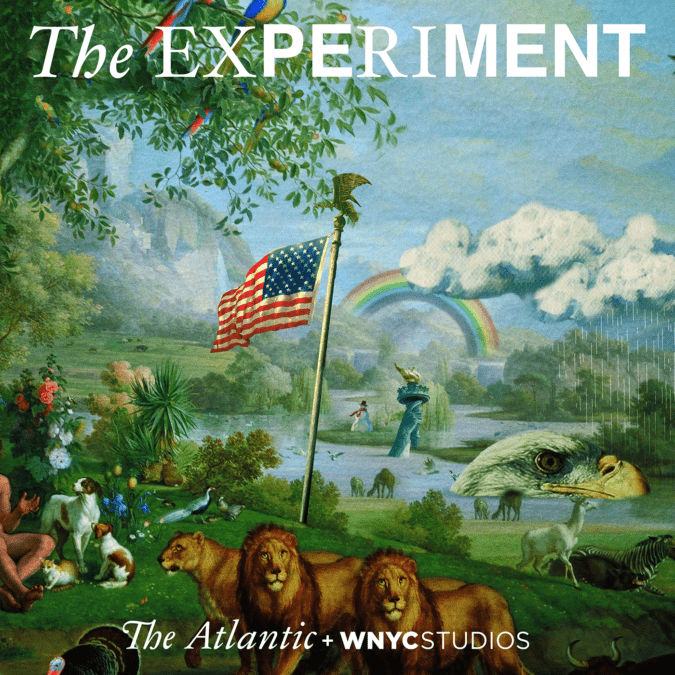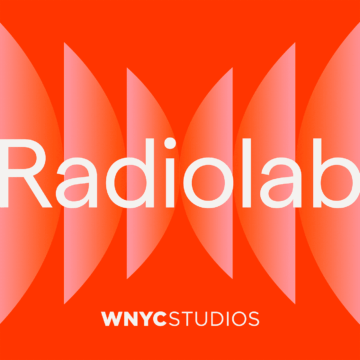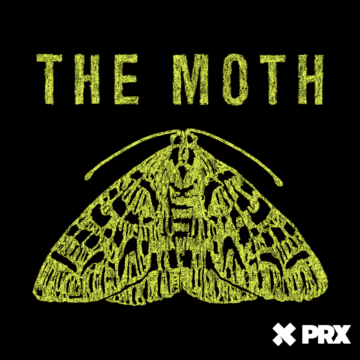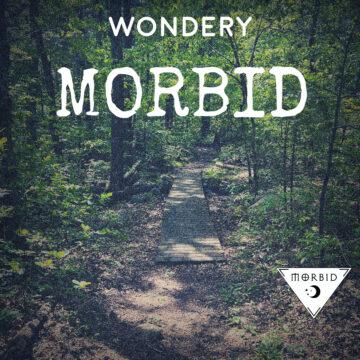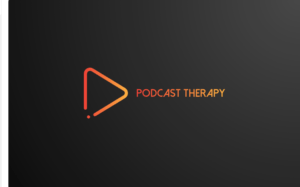Who are the people who make modern-day SPAM possible? You can find clues on the streets of downtown Austin, Minnesota. On weekend nights, across the street from the SPAM Museum, a Latin dance club fills with Spanish-speaking patrons. A taco truck is parked outside the Austin Labor Center. There’s a Sudanese market and an Asian food store. A new generation of workers has flooded the town for the chance to package some of America’s most iconic meat, and for many the town is a model of the American dream. But soon a mysterious disease spreads through the slaughterhouse where SPAM is made, complicating this idyllic picture of new immigrants in the American heartland.
A transcript of this episode is available.
This episode is the last in a new three-part miniseries from The Experiment—“SPAM: How the American Dream Got Canned.”
Be part of The Experiment. Use the hashtag #TheExperimentPodcast, or write to us at theexperiment@theatlantic.com.
This episode was produced by Gabrielle Berbey and Julia Longoria. Editing by Kelly Prime, Emily Botein, and Katherine Wells, with help from Scott Stossel. Special thanks to Alina Kulman.
Fact-check by Will Gordon. Sound design by David Herman with additional engineering by Joe Plourde. Transcription by Caleb Codding.
This episode was produced by Gabrielle Berbey and Julia Longoria. Editing by Kelly Prime, Emily Botein, and Katherine Wells, with help from Scott Stossel. Special thanks to Alina Kulman.
Fact-check by Will Gordon. Sound design by David Herman with additional engineering by Joe Plourde. Transcription by Caleb Codding.
Music by Parish Council (“If of As,” “Socks Before Trousers,” “St. Peter Port/Wiltshire/Cooking Leeks,” and “Mopping”), Keyboard (“Freedom of Movement”), Column (“Quiet Song” and “Sensuela”), Water Feature (“Richard III (Duke of Gloucester)”), Laurie Bird (“Detail Wash”), and H Hunt (“Journeys”), provided by Tasty Morsels. Additional music by Alexander Overington. Additional audio from United Newsreel, PBS, and NBC.
